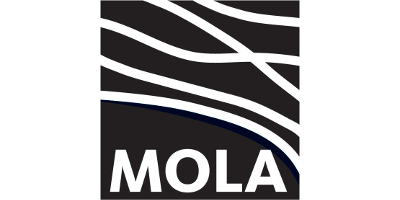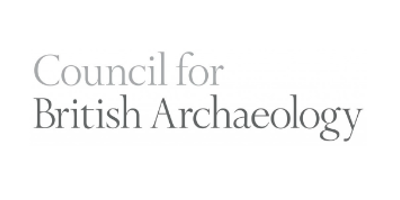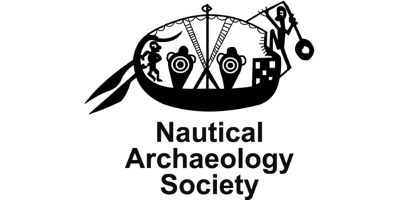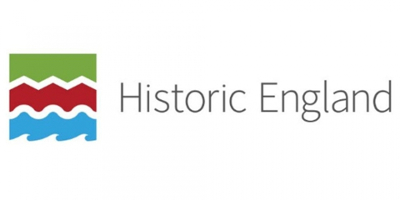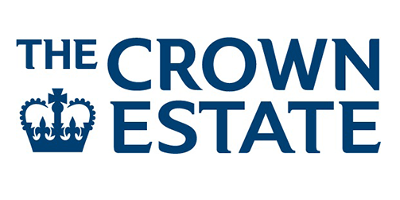Finds policy and guidance
When you are out and about on the coast of England or the foreshores of England’s tidal rivers, it is likely that you will encounter artefacts of all types, sizes and ages.
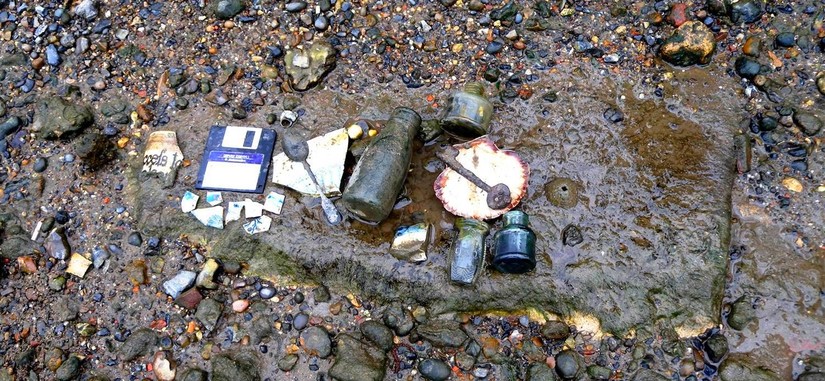
CITiZAN is focused on recording and monitoring structures, landscapes and archaeological features, however, and will not systematically collect artefacts. We urge you to deal with the finds you encounter responsibly though and you will find guidance below on how to do this.
Be aware that there are some items you must report within a time limit:
- Treasure must be reported to the Coroner within 14 days
- Wreck or salvage must be reported to the Receiver of Wreck within 28 days
You can also download a PDF copy of this guidance.
You can also record finds using the Marine Antiquities scheme free smartphone app.
Portable Antiquities Scheme (PAS) Guidance
Small finds and treasure are dealt with by the PAS, who should be your first point of contact if you think you have found something of interest to report. We have listed some basic information for you about the PAS below. Simply put, the steps you should follow are outlined below.
- Contact your local Finds Liaison Officer (FLO).
- It would be helpful for our purposes if you would copy your local CITiZAN office into your email to the FLO, so we can keep track of who involved with CITiZAN is reporting finds.
- The FLO will decide if they want to see/record your artefact.
The PAS record all types of archaeological finds that are older than 1650. These include flints, pottery, metal objects or other artefacts. They may decide not to record your finds, or you might have something much more interesting than you thought!
They say: ‘It is often best to let the Finds Liaison Officer see all your finds, especially if you are unsure what they are: a nondescript lump of copper-alloy may turn out to be a fragment of an archaeologically important Bronze Age ingot’.
In England, Wales and Northern Ireland, all finders of gold and silver objects, and groups of coins from the same finds, over 300 years old, have a legal obligation to report such items under the Treasure Act 1996. Prehistoric base-metal assemblages also qualify as Treasure.
Treasure must be reported within 14 days.
Treasure
In the event of ‘Treasure’ being recovered during a CITiZAN training or outreach event the artefacts in question will be reported to the local coroner and surrendered to the regional Portable Antiquities Scheme Finds Liaison Officer (see contact details above). This includes all finds of gold and silver, or other objects definable as ‘treasure’; these should be removed to a safe place and reported to the local Coroner according to the procedures of the Treasure Act 1996 and the Treasure (Designation) Order 2002. Where removal cannot be effected on the same working day as the discovery suitable security measures will be taken to protect the finds from theft.
Receiver of Wreck
Wreck material includes things found on the sea shore or in tidal water that have come from a ship, aircraft or hovercraft (vessels). This could be parts of the vessel, its cargo or equipment.
There are 4 main categories:
- Flotsam–goods that have remained afloat after being lost from a ship that has sunk
- Jetsam–things that have been cast overboard from a ship that was in danger of sinking
- Derelict–property that has been abandoned at sea without hope of recovering it, which could be vessels or cargo
- Lagan–goods that have been buoyed (so they can be recovered) before being cast overboard from a ship that then sinks
Wreck material doesn’t normally include:
- Boats that have come off their moorings
- Buoys, like marker or mooring buoys
It does include buoys that form part of fishing equipment.
Wreck material must be reported within 28 days.
You should contact the Receiver of Wreck if you’re not sure whether something is wreck material.
Alison Kentuck
Receiver of Wreck
Spring Place
105 Commercial Road
Southampton
SO15 1EG
You can call the Receiver of Wreck on 020 3817 2575, fax 02380 329 477 or email row@mcga.gov.uk
Advice when working on Crown Estate owned property
(From: http://www.thecrownestate.co.uk/coastal/metal-detecting/permissions-res/)
Other permissions, restrictions, and finds
On occasions third parties may restrict metal detecting on Crown Estate land. If the foreshore is for example within a Site of Special Scientific Interest (SSSI) then the relevant authority may object to certain activities, and so access may be restricted. We expect detectorists searching on our foreshore to be sensitive to environmental designations and if necessary obtain any additional permissions. The relevant authority will be either the Countryside Council for Wales, Scottish Natural Heritage, Natural England or the Northern Ireland Environment Agency. Local authorities also have the power to ban metal detecting and other activities through the use of byelaws and we would therefore recommend checking with the appropriate authority to ensure that no such ban is in place.
Finds
All objects found on our foreshore, other than treasure, are in principle the property of The Crown Estate and may potentially be claimed by us. The procedure for reporting finds and the general principle in terms of rewards for treasure and non-treasure are explained on the terms and conditions page:
Note: The River Thames only
In respect of the River Thames foreshore only, the Crown Estate jointly administers a permit with the Port of London authority. Due to the sensitive archaeological nature of the Thames, foreshore searching is banned or subject to additional restrictions in a number of locations. For a permit, please contact the Port of London Authority
Useful links
If you would like to read more about that PAS or the Receiver of Wreck, there are some helpful links below. Do not hesitate to contact your local CITiZAN office if you have any further questions.
PAS FAQs: http://finds.org.uk/getinvolved/faq
The process of reporting finds (from the PAS website): http://finds.org.uk/getinvolved/guides/codeofpractice
Get Involved with PAS: http://finds.org.uk/getinvolved/guides/ngr
PAS Guides: http://finds.org.uk/getinvolved/publications
Treasure: http://finds.org.uk/treasure
Reporting to the Receiver of Wreck: https://www.gov.uk/report-wreck-material
Wreck and Salvage laws: https://www.gov.uk/guidance/wreck-and-salvage-law
Report a wreck or salvage form (MSF 6200) https://www.gov.uk/government/publications/report-a-wreck-or-salvage-form-msf-6200
(Note: the form can’t be accessed using Chrome. Use another browser, e.g. Internet explorer or Firefox)

